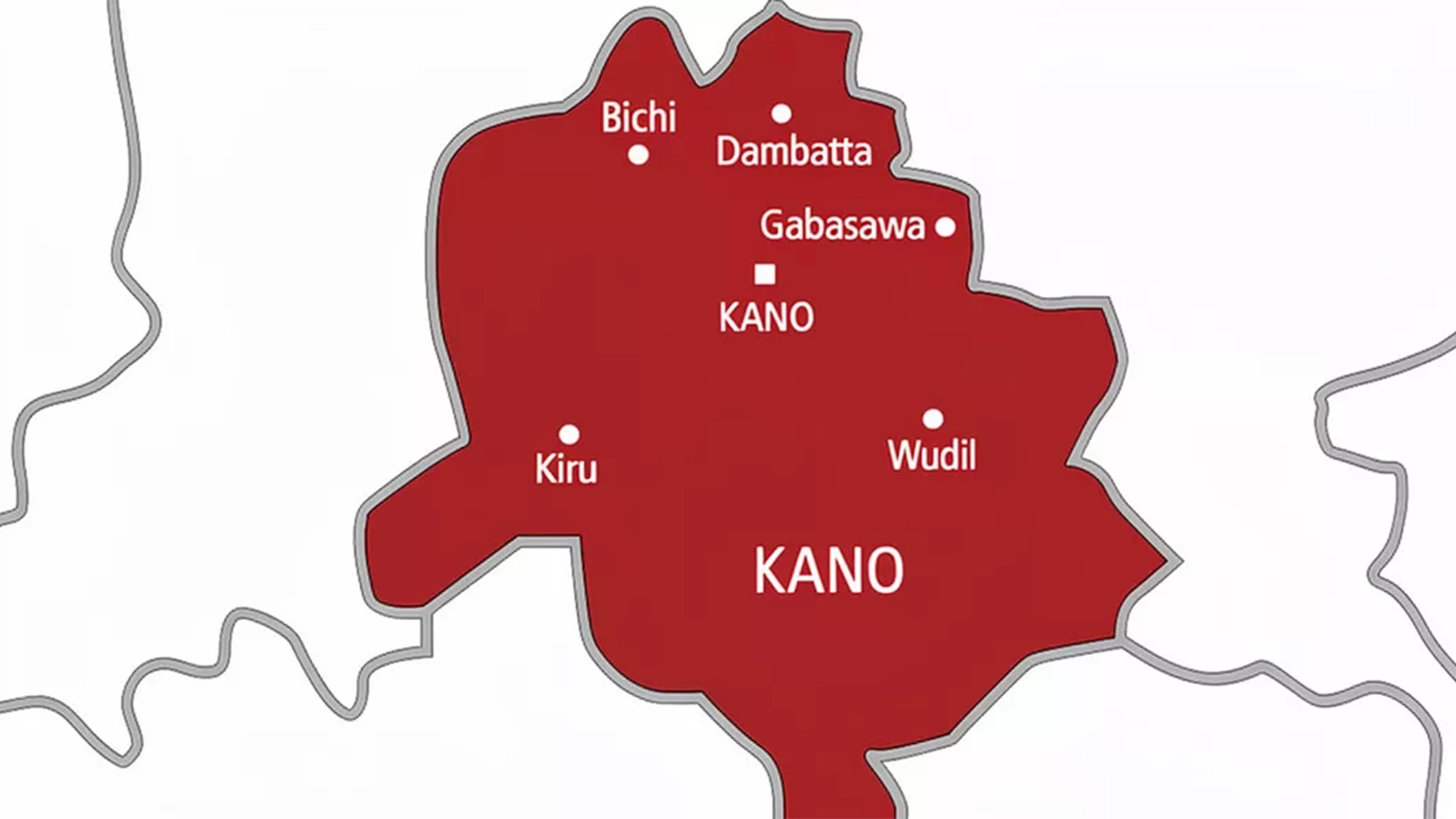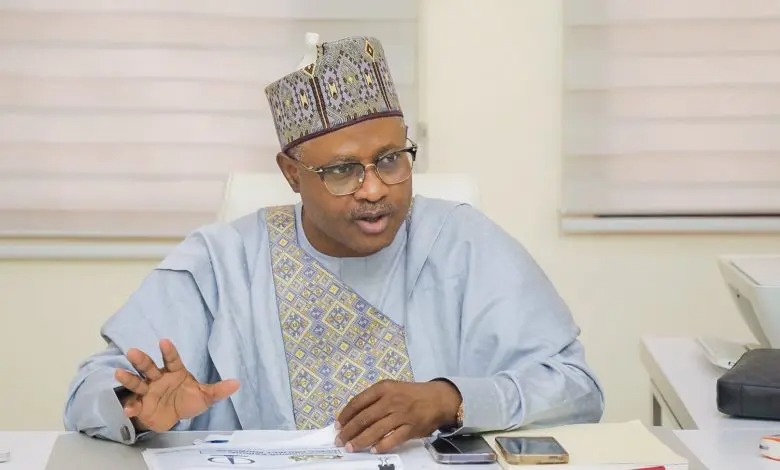The Minister of Agriculture and Food Security, Sen. Abubakar Kyari, has stated that the Federal Government of Nigeria aims to achieve an output value of approximately N160 billion from wheat production for the 2025/2026 dry season, as part of its efforts to enhance food sovereignty and reduce dependence on imports.
The minister made this known during the flag-off of the Subsidised Agricultural inputs Distribution of 2025/2026 dry season wheat production programme under the National Agricultural Growth and Agro Pocket Project (NAGS-AP) held in Jere Local Government Area, Borno State.
Sen Kyari revealed that the Ministry, through NAGS-AP Programme, has earmarked 40,000 hectares of land for 2025/2026 dry season wheat production and registered 80,000 farmers, with an expected output value of approximately ₦160 billion.
He said that out of the 40,000 hectares earmarked for wheat production this dry season, 3,000 hectares have been allocated to Borno State, with 6,000 registered wheat farmers.
The minister recalled “Under the 2023/2024 dry season wheat production programme, a total of 107,429 registered farmers were supported with critical subsidised inputs, resulting in an output valued at ₦474,628,000. During the 2024/2025 dry season, 279,297 registered farmers received support, with an output valued at ₦893,750,004 billion.
He noted that “for the current 2025/2026 season, the programme is targeting 80,000 registered farmers with an expected output value of approximately ₦160 billion.
He stated that the NAGS-AP programme would deploy Agricultural Extension Agents to guide farmers on modern agronomic practices and provide continuous field-level advisory services.
He added that “Fertiliser and Seed Quality Control Officers will be mobilised to ensure that all inputs delivered to farmers meet the required standards, thereby guaranteeing higher productivity and improved yields,”.
According to him, “the wheat component of the NAGSAP programme covers sixteen states of the federation”
“These are Adamawa, Bauchi, Borno, Cross River, Gombe, Kaduna, Kano, Kebbi, Niger, Plateau, Sokoto, Taraba, Yobe, and Zamfara. The inclusion of Cross River last year expanded wheat production into the southern region for the first time and strengthened our national capacity to diversify production across ecological zones,”
Kyari pointed out that the project is designed to include women and young people, enabling them to access training and agricultural opportunities.
“NAGS- AP is deliberately designed to leave no one behind. The programme ensures that farmers across communities including women and young people, who play vital roles in our agricultural workforce have equitable access to inputs, training, and opportunities”.
“The success of any agricultural season depends on the quality of inputs that reach our farmers. Without certified seeds, accurate fertiliser blends, and timely access to crop protection products, no level of effort in the field can deliver the yields we require as a nation”.
The Minister stressed that ” This is why NAGS- AP places strong emphasis on input quality, traceability, and transparent delivery systems, ensuring that every farmer receives the right inputs at the right time to achieve higher productivity and better returns,”.
In his remark, the Governor of Borno State, Prof. Babagana Zulum, appreciated the federal government for its continuous support towards irrigation development.
He stated that “Mr President’s commitment to food security and national productivity provides the foundation upon which programmes like this are built,”.
He noted that ” Borno State, with its vast arable and irrigable land especially within the Lake Chad Basin remains one of Nigeria’s most promising agricultural frontiers.”.
He said, “Today is more than a ceremony; it is a celebration of hope, resilience, and our unwavering commitment to ensuring that no family in Borno State goes hungry and no farmer is left behind. Despite the challenges of displacement, insecurity, and climate shocks, Borno State remains steadfast in growing its own food and empowering its people.”
The governor reaffirmed his administration’s commitment to sustaining all-season farming through the provision of essential infrastructure, logistics, modern machinery, improved seeds, fertilisers, agrochemicals, and other inputs required to boost productivity and support farmers across the state.
He further stated: “Borno State has achieved remarkable milestones under our people-centred agricultural vision. Our input support programmes have reached tens of thousands of smallholder farmers, resettled households, women, and youth, providing improved seeds, agrochemicals, and agronomic guidance.”
Responding on behalf of the smallholder farmers, Alhaji Haruna Umaru, pledged that the farmers would ensure an increase in production in line with President Bola Ahmed Tinubu’s Renewed Hope Agenda in the Agricultural sector.
The Highlight was the distribution of subsidised agricultural inputs to smallholder farmers.






